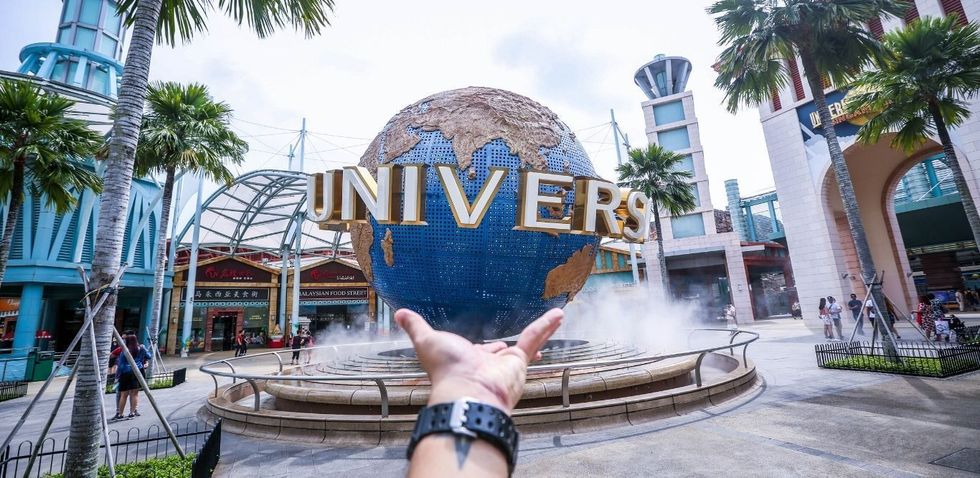The Association for Cultural Enterprises, a charity and trade body for the arts, heritage and cultural sector, has recently welcomed Gordon Morrison as CEO and Melanie Lewis as chair.
Morrison and Lewis have shared their views on the cultural landscape, and discuss why it is critical for all cultural organisations to recognise their economic potential.
Embracing commerciality
Morrison has worked in and alongside cultural venues for over two decades, including five years as CEO of the Association of Scottish Visitor Attractions (ASVA). He was appointed as CEO of Cultural Enterprises in September 2023. Morrison has spent much of his career assisting the cultural sector in its development and growth and is dedicated to giving this sector practical, relevant, and meaningful support.

His first few months as CEO have allowed him to see firsthand the problems and opportunities faced by the sector in the present climate. The financial climate for cultural institutions of all kinds has become more unstable and competitive while operating costs are increasing. External challenges such as the pandemic, rising living costs, and the climate crisis have increased tension and unpredictability in the sector.
Morrison argues that in this particular context, it is imperative for cultural venues to embrace commerciality and optimise their revenue streams.
"Commerciality is not a dirty word, nor is it incompatible with the core values and missions of cultural organisations. On the contrary, commerciality can enable cultural venues to become more resilient, sustainable and innovative, while enhancing their social and cultural impact," he says.
"This is why I am convinced that the Association for Cultural Enterprises can make a hugely significant contribution to the sector both now and in the months and years ahead. Our primary purpose is to help the cultural sector make money – it’s as simple as that!
"With the expertise, knowledge, insights, networks and influence we have within Cultural Enterprises, I am determined that the organisation will play a leading role in helping the sector successfully navigate a path through these challenging times and our members will emerge stronger on the other side thanks to the support we can give."
The Association for Cultural Enterprises is the sole trade organisation that fosters and promotes the commercial activities of arts, cultural, and heritage organisations in the UK and internationally. Members have unmatched access to best practices, training, and networking opportunities, as well as practical help and resources.
Morrison adds: "We are helping the cultural sector to adapt and thrive in the changing world. I firmly believe that commerciality is not only a necessity but also an opportunity for cultural venues to grow, diversify and reach new audiences."
Demonstrating economic impact
Lewis has joined the Association as chair of Trustees and also serves as chief executive of Shakespeare North Playhouse.
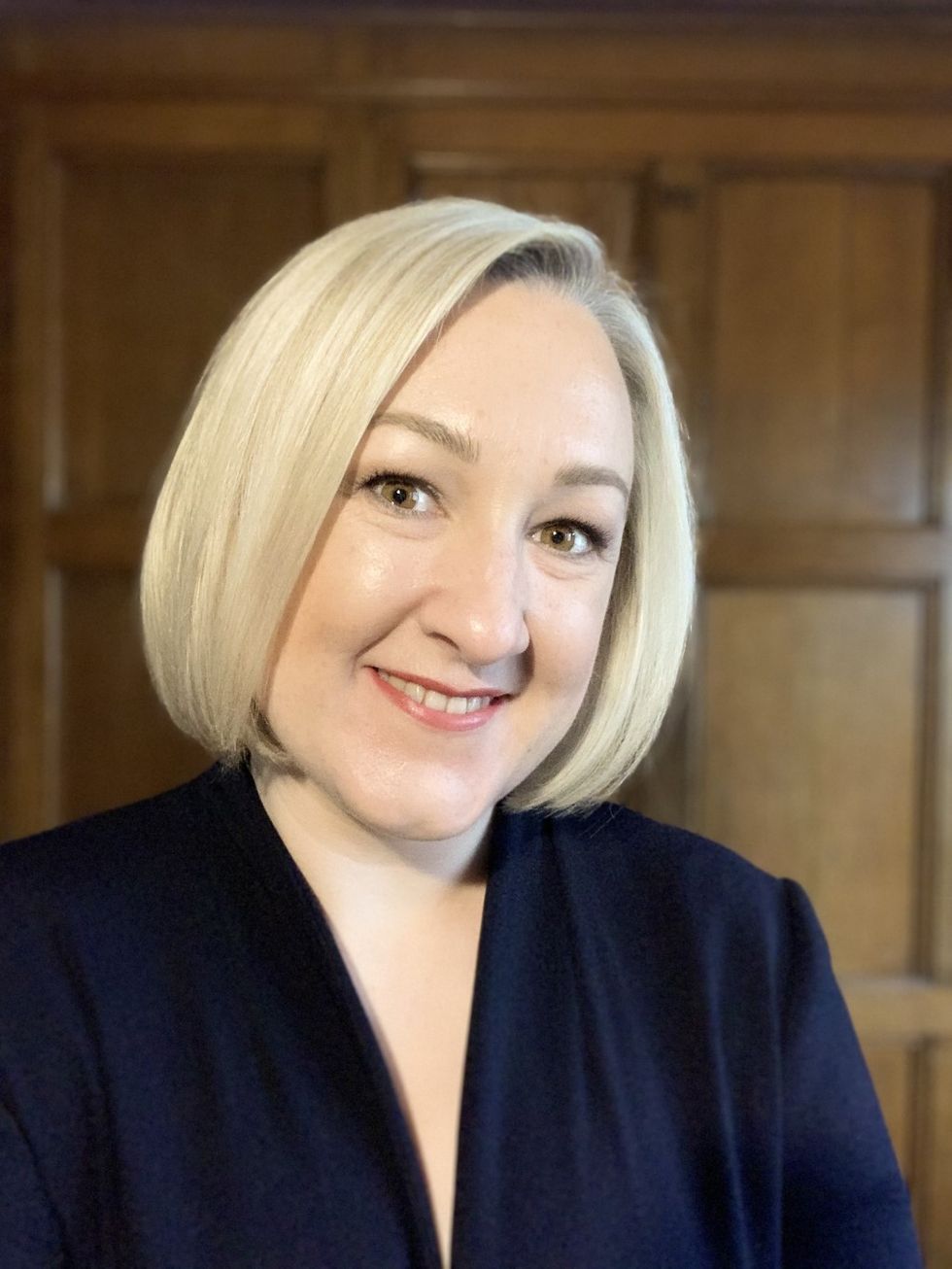
She strongly agrees that social impact and commercial resiliency can work in tandem.
"We’re in a very challenging set of circumstances and it’s going to take a lot for us as a sector to remain in a position where we’re thriving," Lewis explains. "As chair of Cultural Enterprises I want to be part of that conversation, to help people find solutions and make sure we keep pushing the bottom line but also making a contribution to wider society."
Lewis believes that the coming months offer an unusual opportunity for the cultural sector in the political environment. She comments: "Here in the UK, it’s an election year. A general election brings change, and change brings opportunity. We need to be part of that conversation - how are policy makers seeing us, how are we part of their manifestos? We need to demonstrate our economic impact."
Lewis is well-versed in demonstrating economic impact. Her early career with Blackburn Rovers and Everton FC refined her skills in business modelling and proof of concept. These skills have only become established within the cultural sector over the last ten or so years, as income generation is now much better incorporated into strategy.
"People are listening to commercial professionals in the cultural sector now. We have a seat at the table and we are unapologetically commercial," says Lewis.
Convincing local governments to invest in the arts is one of the most difficult tasks now confronting the cultural sector. As an avid champion, Lewis is a great believer that cultural organisations should speak about what they provide to the industry while also showcasing how they are leading the way in a multitude of fields.
Lewis urges: "As cultural organisations, we must articulate our values and demonstrate what we bring to society - what we’re doing for skills, business, ethical trading, working towards net zero. There are really groundbreaking things happening within cultural enterprises that the rest of the business sector should be replicating.
" Culture creates an identity, it’s the heart and soul of a place. This is what we need to advocate to government, business and decision-makers. If we can do this really well we’ll start to see a step change."
Lewis speaks more about her vision for the Association of Cultural Enterprises and the wider sector and shares the trailblazing work at Shakespeare North Playhouse on the most recent edition of the Arts & Culture podcast. The episode is available here.
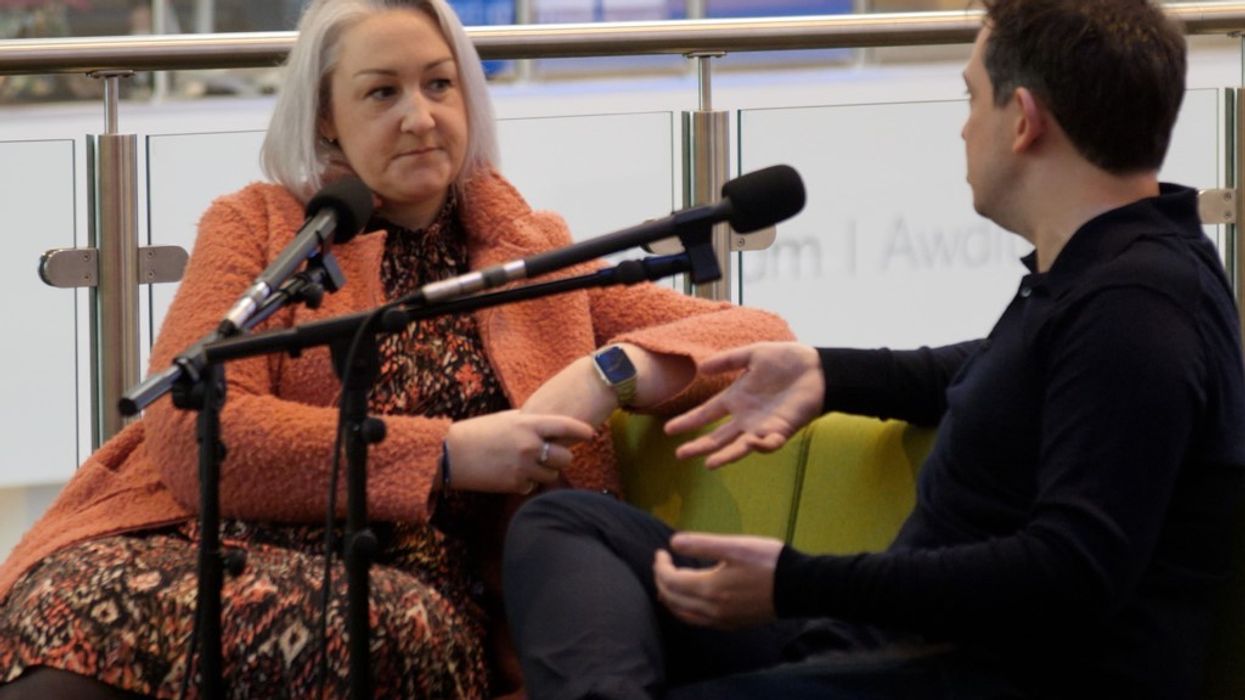

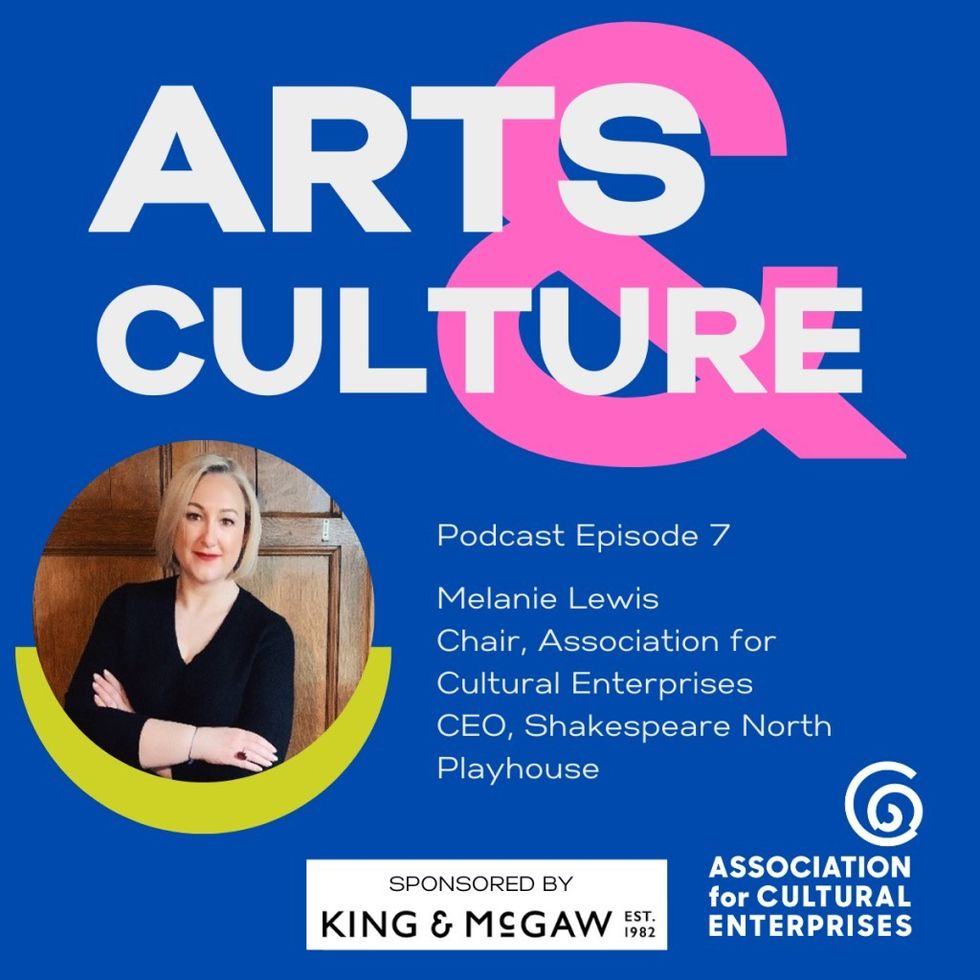
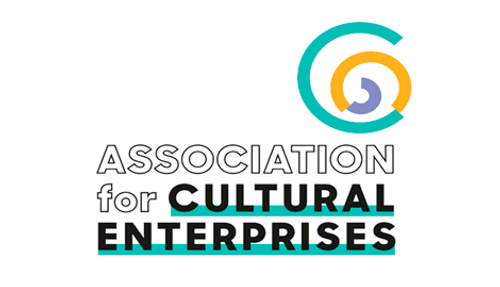


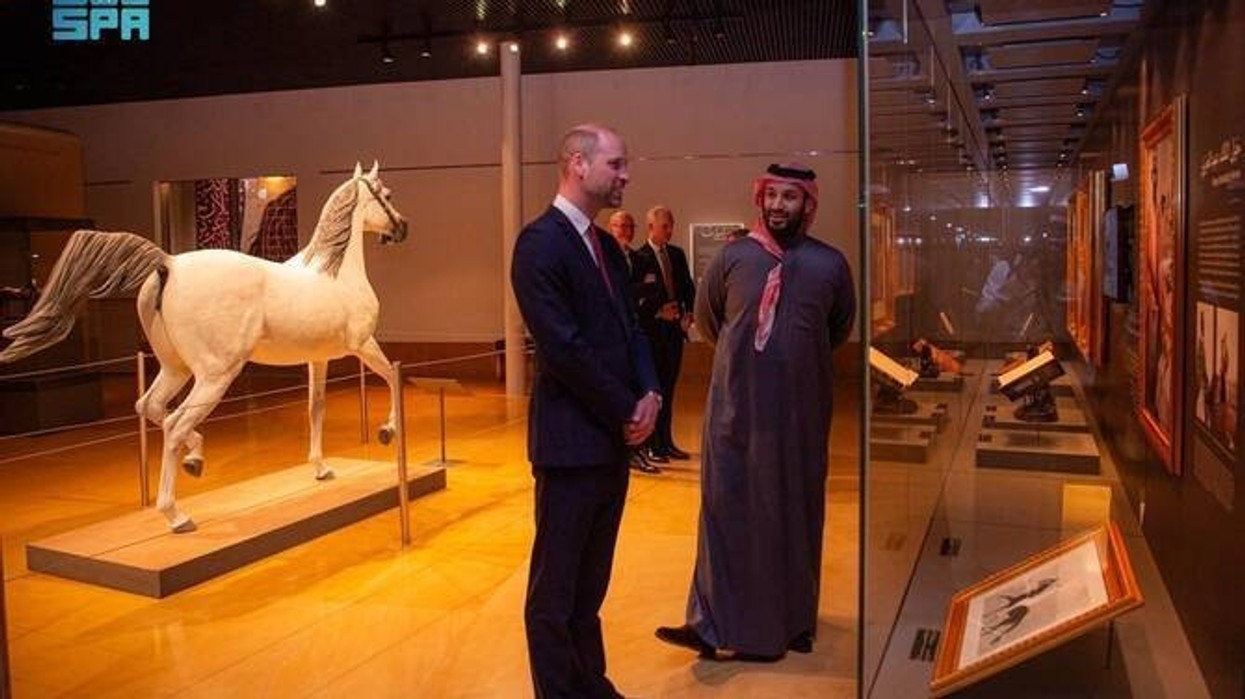
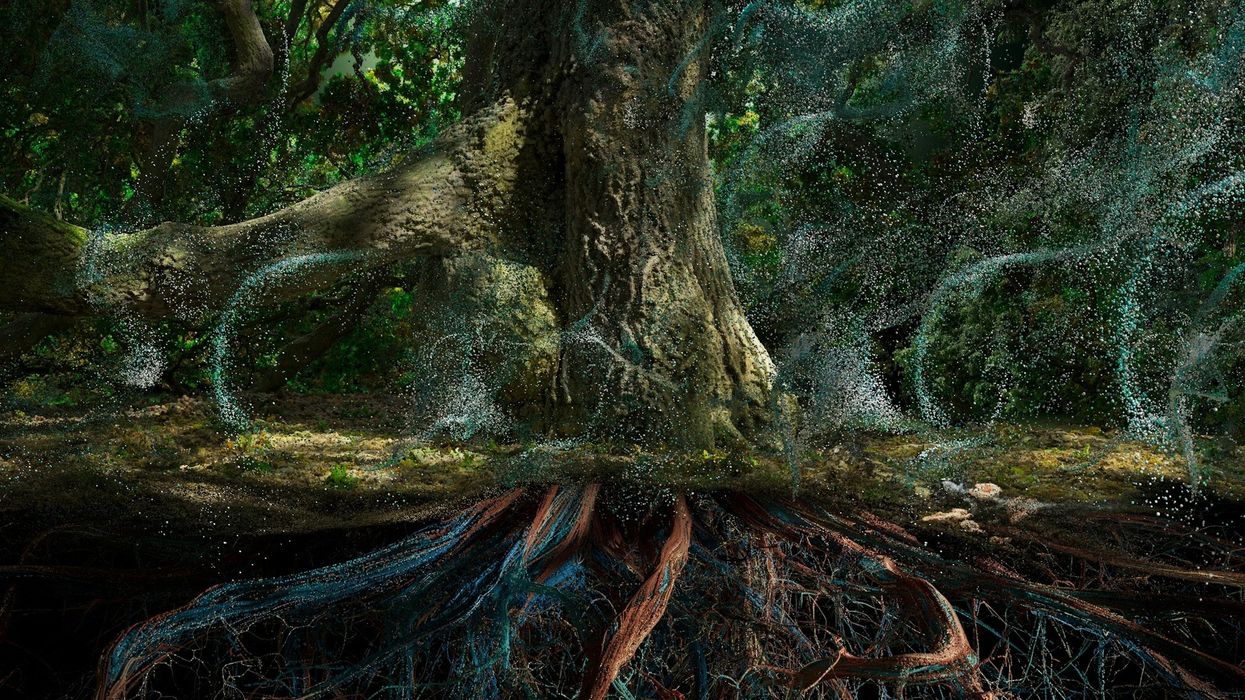
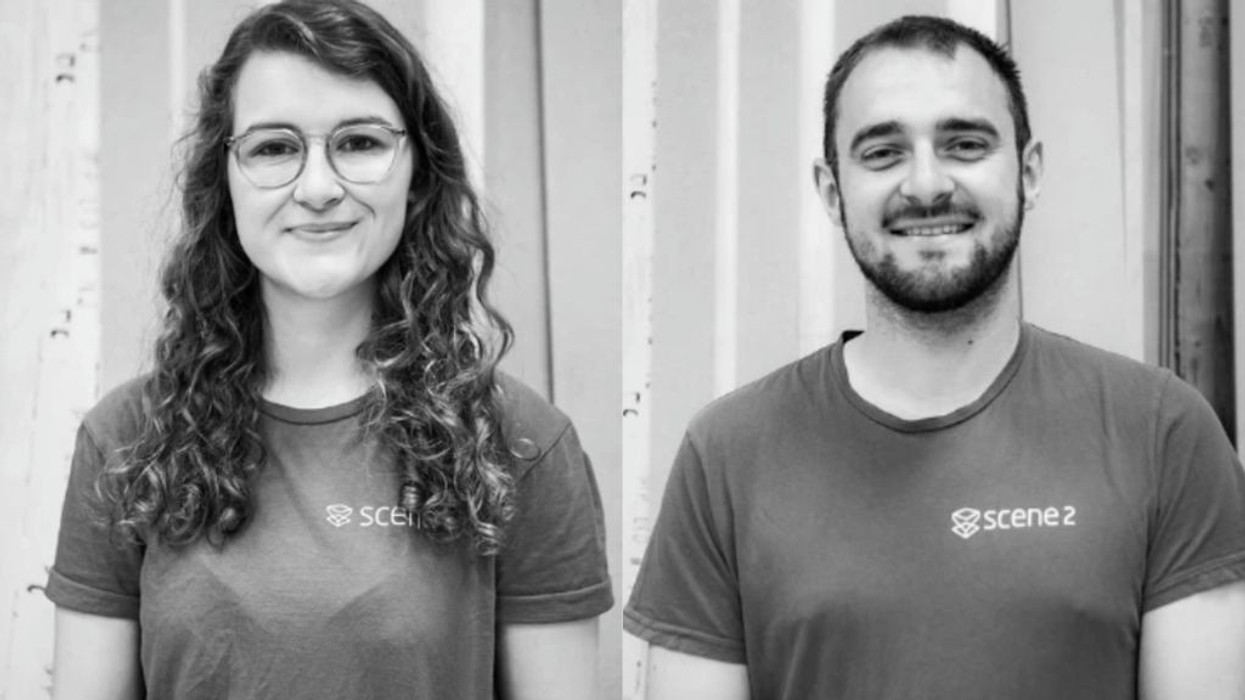
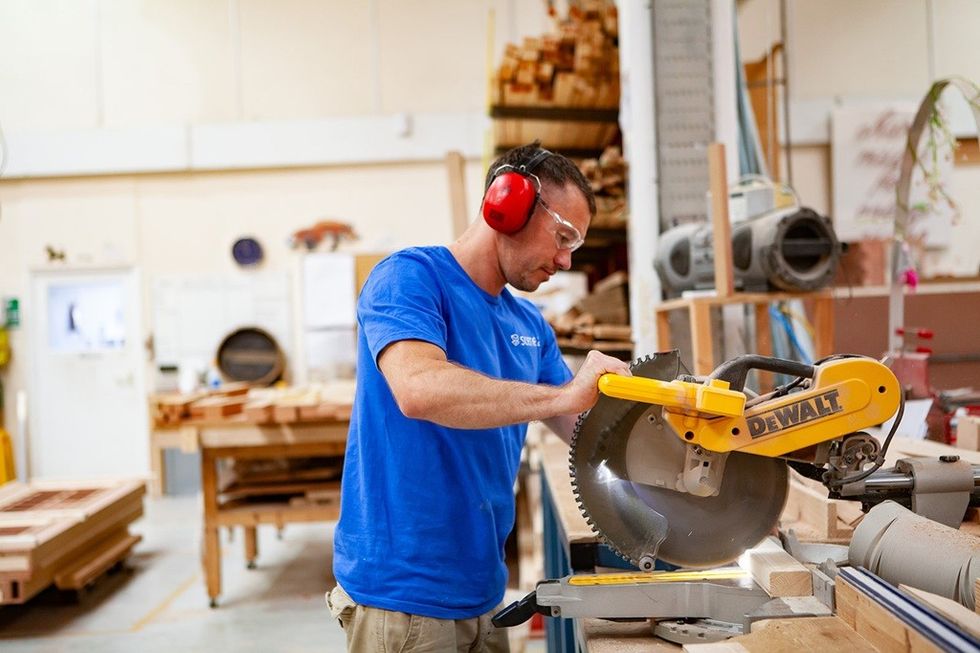
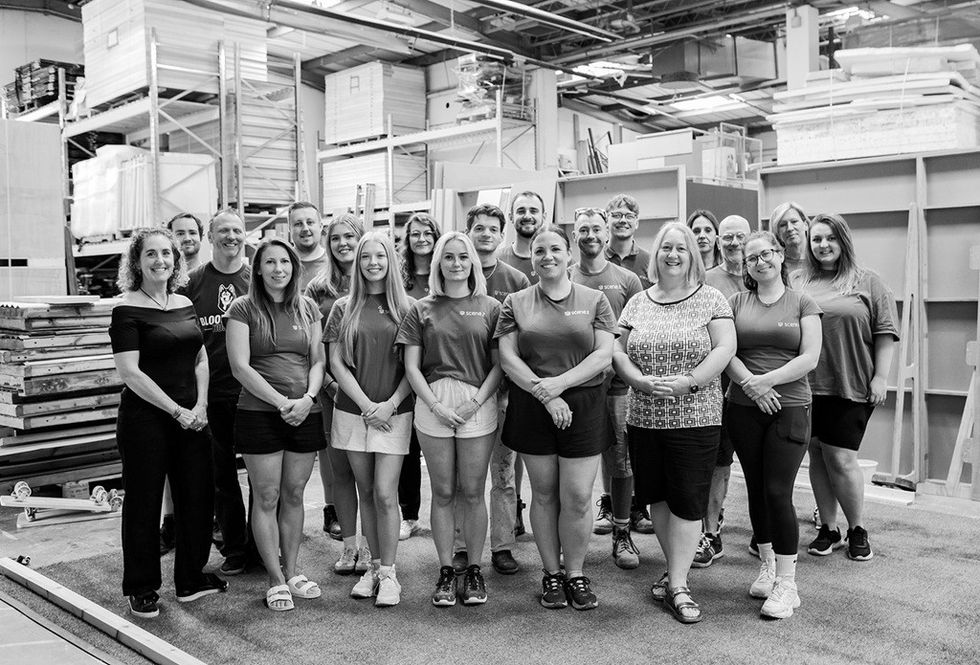
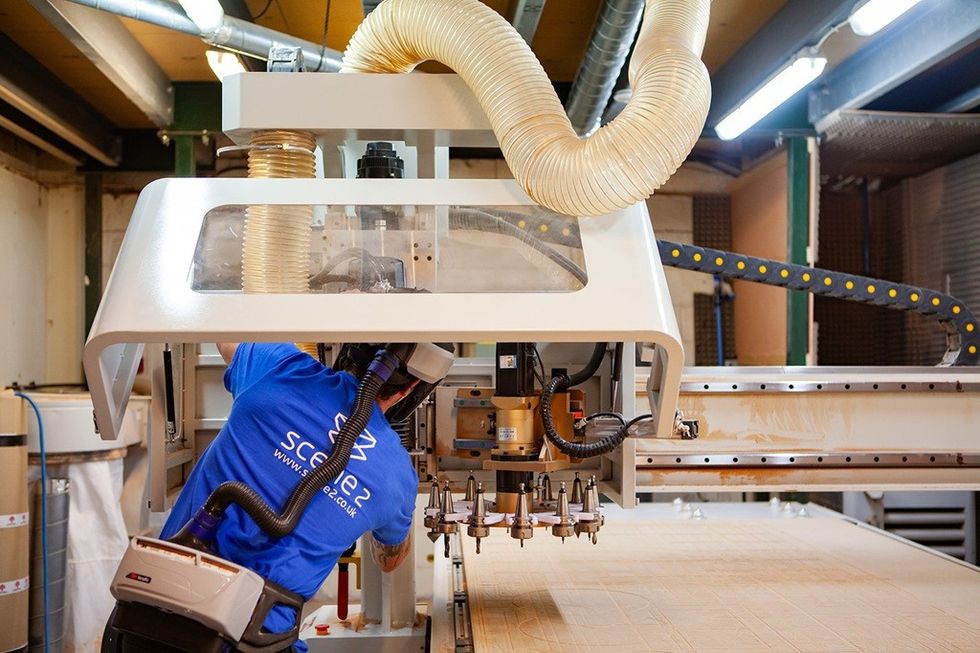







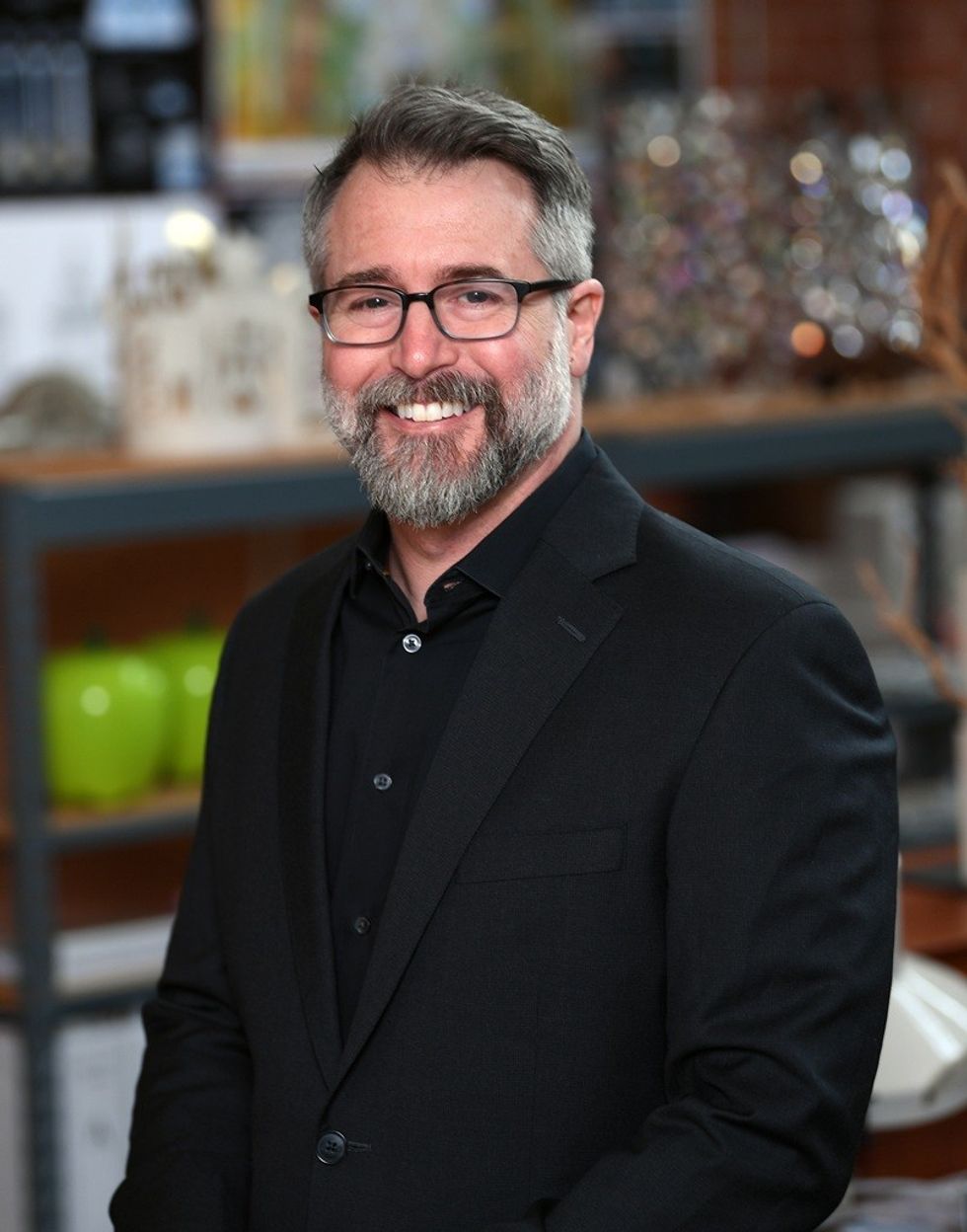 Erik Neergaard
Erik Neergaard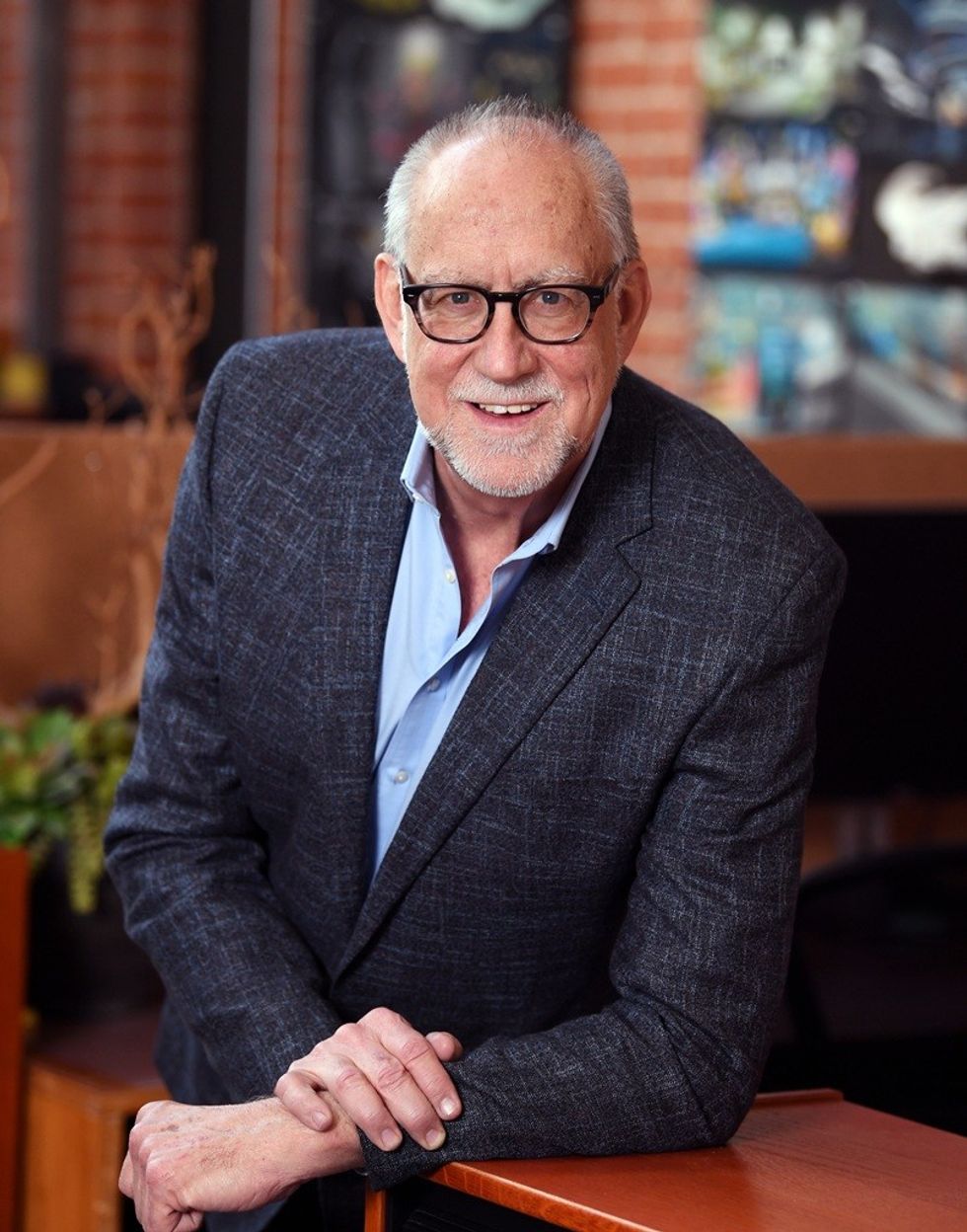 Phil Hettema
Phil Hettema
 Carlos Varela
Carlos Varela Albert Heisler
Albert Heisler

